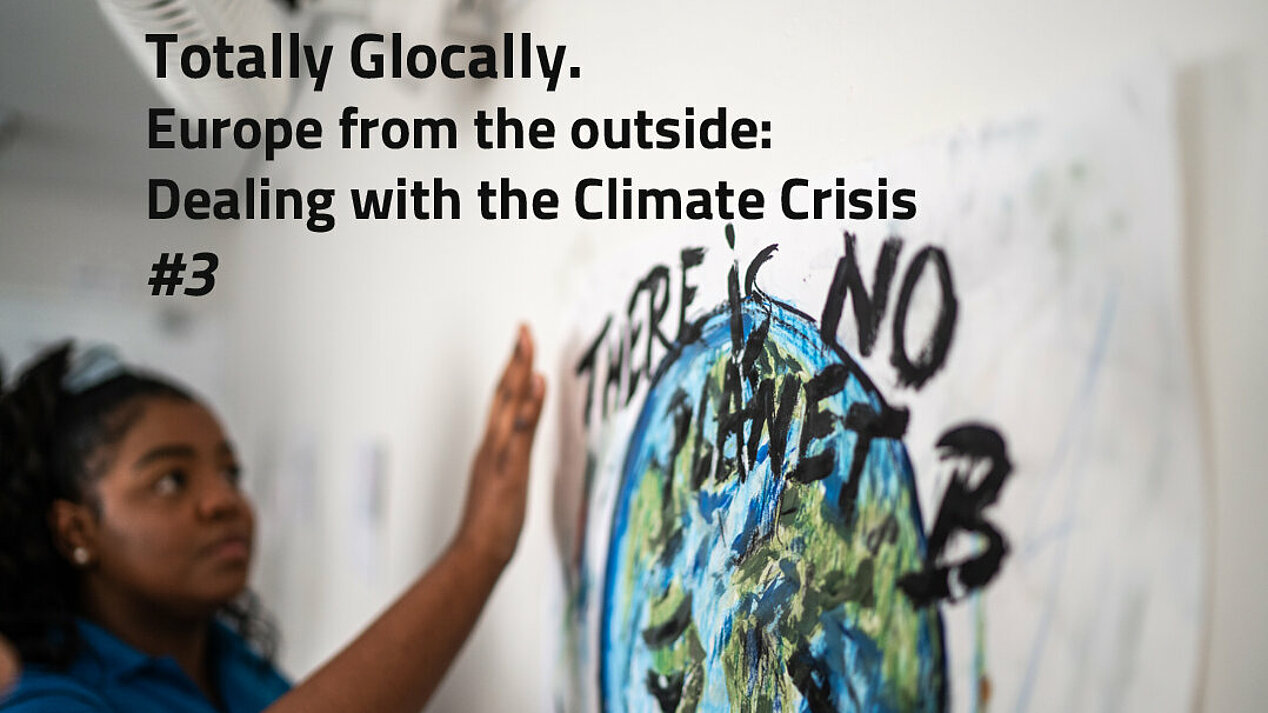
Climate change with the resulting global warming is the largest and most all-encompassing global crisis of our time. As an ecological crisis it stands for the misuse of fossil fuels and the exploitation of natural life-support systems, which includes the destruction of biodiversity and also irreversible damaging impact on the geological sphere. Furthermore, climate change is a geopolitical challenge. It is already stoking socio-political instability, creating migratory pressure, exacerbating global inequality, endangering human rights and putting peace in the world at risk.
The economies and populations that are the main contributors to the climate crisis are least affected by the consequences. People in the Global South are already exposed to drought, forest fires, flooding and water shortages. According to the UN, there were some 270 million migrants worldwide in 2020. Recent forecasts predict that the climate crisis will force up to 1.2 billion people to leave their home countries by 2050.
How does the outside world view Europe and which expectations does this view give rise to? Which role and responsibility does Europe have? Which significance do cities and regions have? How can common and coordinated approaches be developed to ensure that human dignity is protected in global migration movements, in particular in those involving refugees?
A Zoom link will be sent to registered participants close to the event.
Register here
The webtalk series 'Totally Glocally. Europe from the outside: Dealing with the climate crisis' is a cooperation event with Ecologic Institute and Climate Alliance.

is a global strategy advisor and best-selling author. He is Founder & Managing Partner of FutureMap, a data and scenario based strategic advisory firm. Parag's newest book is MOVE: The Forces Uprooting Us (2021), which was preceded by The Future is Asian: Commerce, Conflict & Culture in the 21st Century (2019). He holds a Ph.D. from the London School of Economics, and Bachelors and Masters degrees from the School of Foreign Service at Georgetown University. He has traveled to nearly 150 countries and is a Young Global Leader of the World Economic Forum.
Read less
Read more
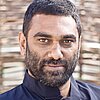
is a human rights and environmental activist from South Africa. He served as Executive Director of Greenpeace International from 2009 to 2016 and Secretary General of Amnesty International from 2018 to 2020. Currently, Kumi Naidoo is Honorary Professor of Practice at the Thunderbird School of Management at Arizona State University and is acting as Richard von Weizsäcker Fellow at the Robert Bosch Academy. From 1998 to 2008, Kumi Naidoo was Secretary General and CEO of CIVICUS World Alliance for Citizen Participation, and from 1996 to 1998, he served as Executive Director of the South African National NGO Coalition (SANGOCO), the umbrella body for the NGO community. In 1994, he was one of the official spokespersons of the Independent Electoral Commission of South Africa's first democratic elections and directed the training of all electoral staff in the country. During the time of apartheid, he was deeply involved in the mass mobilizations against the apartheid regime.
Read less
Read more

is an alumna of the ifa-CrossCulture Programme (CCP), student at the Institute of Development Studies (IDS), UK and Management Consultant. Since her youth she volunteered in the field of youth empowerment for work, especially marginalized communities and young women. She worked as a leadership facilitator at Bangladesh Youth Leadership Center (BYLC) and helped young people to identify and address social problems. During her volunteer work at Oxfam in Bangladesh she helped to develop a 'Sustainable Disaster Preparedness System' with private sector partnership.
Read less
Read more
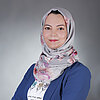
is an alumna of the ifa-CrossCulture Programme (CCP), a hydro-meteorological engineer, graduating from the National Engineering School of Tunis. She has been working in international cooperation and development for more than eight years and is a board and steering committee member of the international network GenderCC – Women for Climate Justice as well as a member of Women and Gender Constituency (WGC). Jelassi is an international expert, trainer and lecturer on gender, women's rights and climate change, participating in the UNFCCC negotiations and (inter)national climate policies. Currently, she is a project manager for a German cooperation at the German Embassy in Tunis. Jelassi was a CCP Fellow in 2013 at Fairtrade International.
Read less
Read more

ia the founder of Ecologic Institute and Director of Oceano Azul Foundation. An engineer trained in constructive thinking, R. Andreas Kraemer has dedicated his professional life at the interfaces of science, education, policy, and practice to international cooperation and the integration of environmental and sustainability concerns into all policy areas. In addition to his leadership at Ecologic Institute and the Oceano Azul Foundation, he serves as the chairman of the supervisory board of Agora Energiewende promoting the shift to green and sustainable energies. He teaches European integration and environmental policy in the Duke University Program in Berlin, and climate strategies in business at the EADA Business School.
Read less
Read more
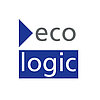
Ecologic Institute is an independent, academic think tank for environmental research and policy analysis. Since its founding in 1995, Ecologic Institute has been dedicated to improving environmental policy, sustainable development and policy practice. They strengthen the European and international dimensions in research, education and environmental policy discourse.
Their experts cover the entire spectrum of environmental policy, sustainable development and socio-ecological research and are committed to mainstreaming environmental issues into other relevant policy areas. Ecologic Institute researches, supports and evaluates political processes on the local, national, European and international levels, bringing together actors from academia, policy making and practice. The results are in-depth analyses and innovative recommendations. They are also committed to education and cooperate with different partners from across the globe, including leading American and German universities.
Read less
Read more
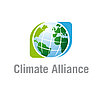
For over 30 years, Climate Alliance member municipalities have been acting in partnership with indigenous rainforest peoples for the benefit of the global climate. With more than 1,800 members spread across 27 European countries, Climate Alliance is the largest European city network dedicated to fair and comprehensive climate action. In answering how climate protection and adaptation should be practised in cities and towns, Climate Alliance pairs local action with global responsibility.
Read less
Read more
In Stuttgart, the discussion series Totally Glocally addresses current questions about the interaction between global and local structures. International experts talk about the interaction between the global and the local. Full recordings of this and other Totally Glocally panel sessions are available on ifa’s YouTube Channel. Find out more on the programme on the ifa website.
Charlottenplatz 17
D-70173 Stuttgart